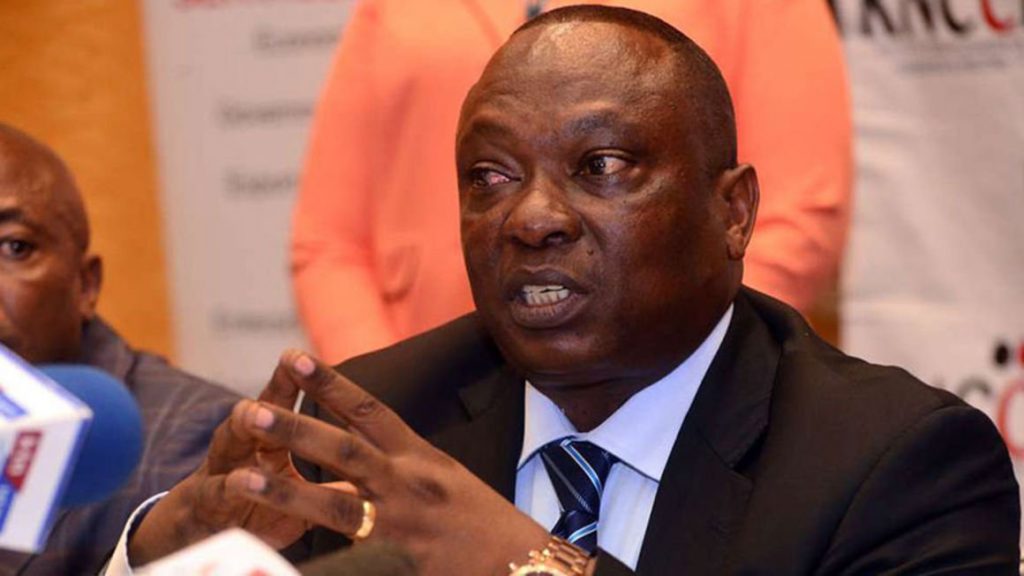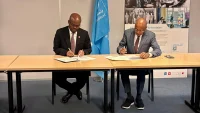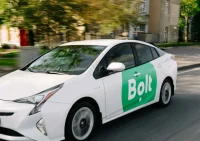The Kenya National Chamber of Commerce and Industry (KNCCI) is piling pressure on the state to introduce emergency measures to cushion Kenyans from harsh economic times following the introduction of new lockdown measures by President Uhuru Kenyatta on Friday, March 26.
KNCCI is calling for a reduction of taxes and slashing of high oil prices which have been the source of widespread anger from Kenyans in recent weeks.
They want Value Added Tax (VAT) to fall from 16 per cent to 14 per cent, and scrapping of the minimum tax which requires loss-making firms to pay a duty equivalent to one per cent of their sales.
The chamber, which represents businesses from across the country, also wants the Central Bank of Kenya (CBK) to allow lenders to restructure loans for clients as happened at the onset of the pandemic in the first quarter of 2020.
In addition, the chamber wants targeted relief measures for the worst-hit sectors including hospitality, entertainment and transportation.

Having already lost billions in lost revenue such as 2020, the hospitality sector in particular is staring at more lay-offs and business closures following the announcement of new measures including cessation of movement in some counties, suspension of in-house dining and suspension of alcohol sales at bars.
READ ALSO>>>>>Second Lockdown and What It Means For Every Kenyan
KNCCI President Richard Ngatia maintained that state intervention was necessary to keep businesses afloat. He spoke after a meeting of the chamber’s top organ on Wednesday, March 31.
“The prevailing high taxes should be revised, and the minimum tax should be abolished,”
“The businesses require intervention to progress,” he maintained.
Speaking at a separate event, Health CS Mutahi Kagwe had backed social protection measures to shield Kenyans from the tough economic times induced by the lockdown.
He highlighted programs introduced last year such as the Kazi Mtaani jobs program for youth and cash transfers to the vulnerable.
He described the current situation as a race against time for governments to re-look at some policy interventions necessary to provide appropriate coping and recovery mechanisms to respond to the crisis.
“Social protection is an effective way to protect immediate human needs and to cushion economic reversals by protecting productive assets,” he noted.
He added that “If governments have channels in place that they can use to put income into people’s hands when they lose their livelihoods, they can forestall losses that might set economic recovery back years.”
READ ALSO>>>>>CS Kagwe Backs Social Protection Programmes to Ease Kenyans’ Lockdown Woes













Leave a comment